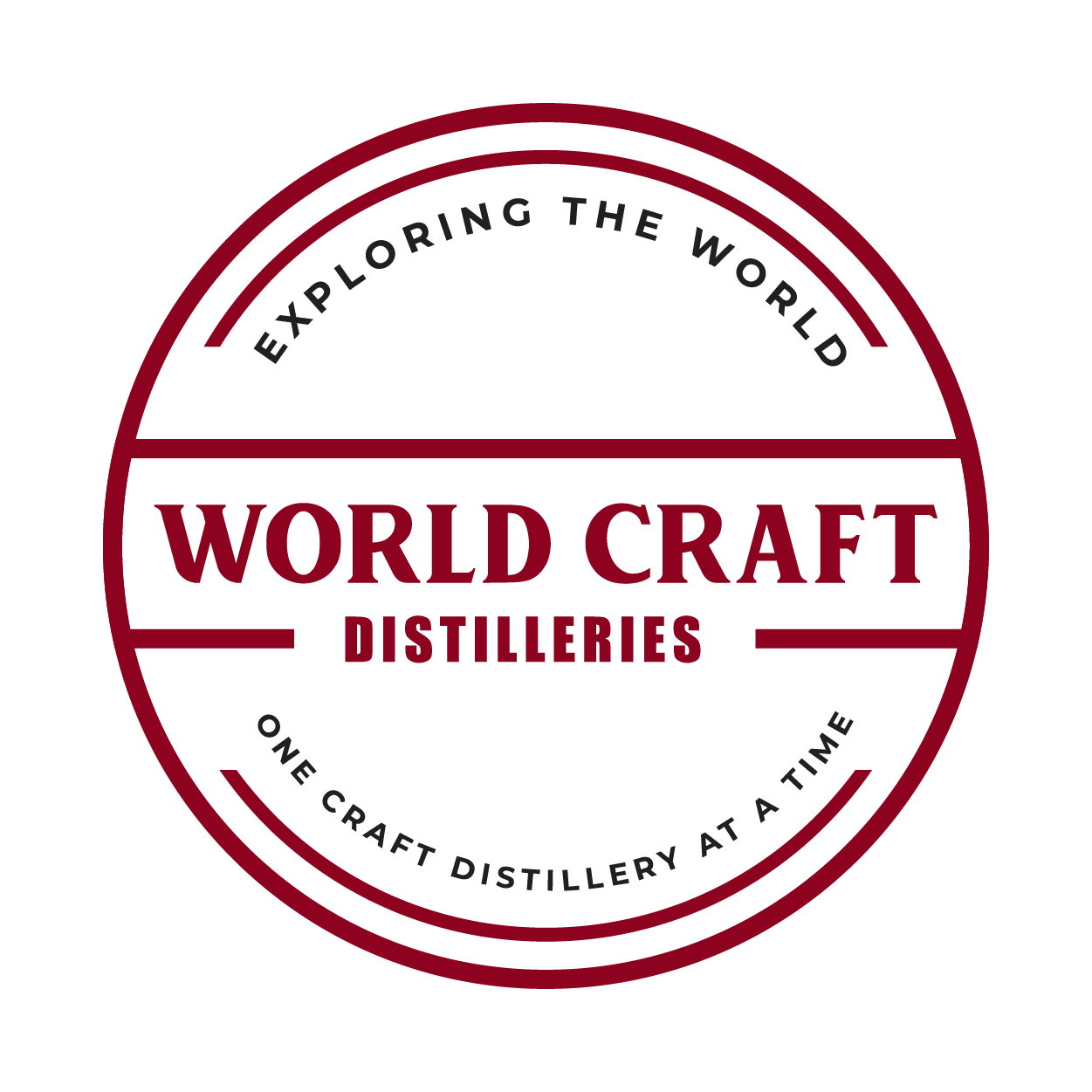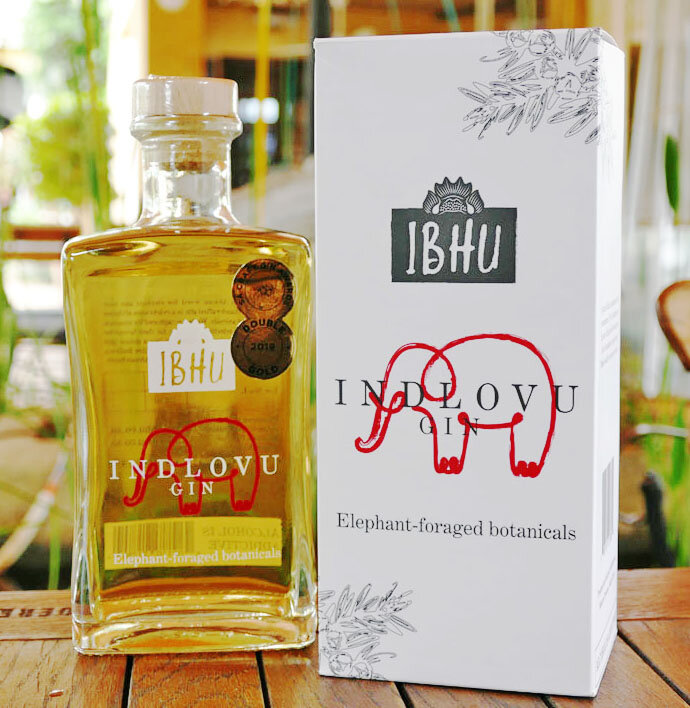How often have you asked yourself that question? And have you asked yourself where it comes from?
Sure, we all know you have to have juniper, or else it’s not gin. But what about the rest of the botanicals?
Well, get ready for this…you may turn your nose up but … how about elephant dung?
WHA-A-A-T!
South Africans are nothing if not adventurous, and the story behind the development of this new gin is definitely an adventure.
For Les and Paula Ansley, this all started a couple of years ago with a safari in Kenya, then a holiday at a game reserve and an elbow in the back at 6 a.m one morning. This all set in motion the development of a very unique and delicious gin, full of that “Taste of Africa.”
For these two academics, (Les has a pHd in physiology and Paula in immunology among other degrees) distilling is the complete opposite of what they have ever done. Both held jobs in academia in England before moving back to South Africa after being gone for 15 years. Les is a South African, born and bred, and Paula adopted the country after post doctorate work at Stellenbosch University.
After sitting on the idea for a short while, they agreed to “just do it”. Getting started entailed phoning Botlierskop Private Game Reserve, which is where they had visited and learned about elephants’ eating habits. They asked the proprietor to mail them some elephant dung! Which, in any other country would have been unheard of, but in South Africa, no worries!
Then came the fun part of preparing the dung. Les and Paula set about washing, sterilizing, rinsing and drying the first load - at their home. “No, it doesn’t smell,” Les assured me. “It smells like the veld (bush),” he explained. And because the elephants have such a quick gut transit time, quite often the dung contains whole flower petals, leaves and grasses that make up the food they eat, 21 hours a day!
As neither had any distilling experience, they were encouraged to consult the best; Roger Jorgensen, known as the father of craft spirits in South Africa.
When Paula presented Roger with a handful of the dried, cleaned and sterilized dung, which looks like a handful of weeds, she asked him, “Can we make gin with this?” He smelled it and tasted it and said, “Definitely, what is it?” When Paula said “Elephant dung,” he replied, “Brilliant, love it!
“He has held our hands through this journey,” Les said and just one year ago, they produced their first batch of Indlovu Gin. Indlovu is the word for elephant in several of the native languages in South Africa.
Among the many uniques aspects of this gin is the idea of vintages, or terroir, to use a wine term. Because elephants’ diets and range change during the seasons, the location of the dung is mapped with GPS coordinates, which are recorded on each bottle along with the day of the year it was collected. Currently, the dung is coming from Botlierskop Private Game Reserve (34°01'47.6"S+22°08'27.2"E).
Remembering that this is Africa, collecting the dung can be quite dangerous. During a recent gathering trip, Les mentioned off-handedly, that it can be a bit hazardous as there were lions in the vicinity!
In the future, fresh dung will be collected from a variety of different area, and only from reserves that don’t provide supplemental food for the elephants, as it important that only natural botanicals are collected. In addition to the legally required juniper, Indlovu Gin includes angelica, orris root, coriander and citrus, and depending on location and season, Buccu (Agathosma crenulata), Aloe (Aloe ferox), Acacia (Acacia mearnsii), Guarii (Euclea undulata) and Erica (Erica coccinea) which are the elephants’ favorite foods, are included.
Giving Back
One of the reasons Les and Paula returned to South Africa was the idea that it would be a much more fulfilling life. “We want to give back, not just make money,” Les said. That idea is incorporated into their involvement with The Africa Foundation, donating 15% of the profits for wildlife conservation and preservation.
The new Spirit of Africa gift basket that includes gin chocolate truffles, gin marmalade, a little handmade elephant in a shweshwe fabric basket, is part of the social side of giving back, benefitting local small business and women’s groups locally.
Some Little Known Facts
As far as we know, this is the first time elephant dung has been used to make gin. But in Africa, it is has a vast array of uses. It’s made into a tea for birthing pains and for allergies; if you’re stuck out in the bush without water, you can squeeze the fresh dung and drink the liquid (I’ll pass on that one); it’s dried and burned for heat and as mosquito repellent; take a deep breath of the smoke to cure a headache; the fresh dung is used to polish cement floors.
Contact:
Ibhu (Pty) Ltd
www.ibhu.co.za
Email: info@ibhu.co.za
Phone: +27 66 216 9667







